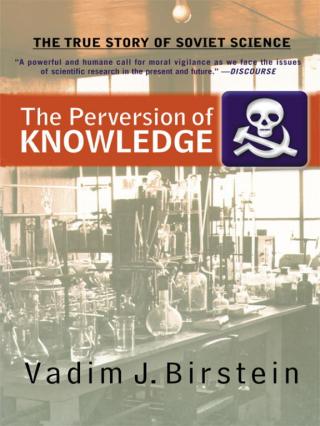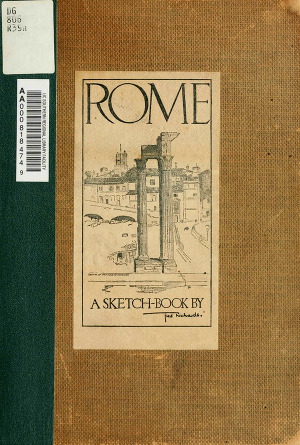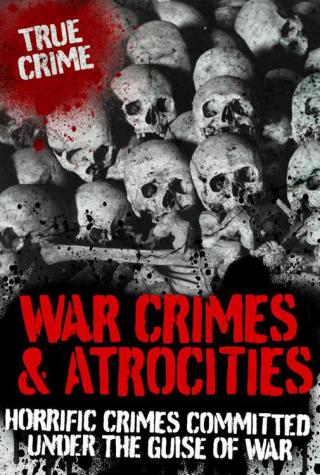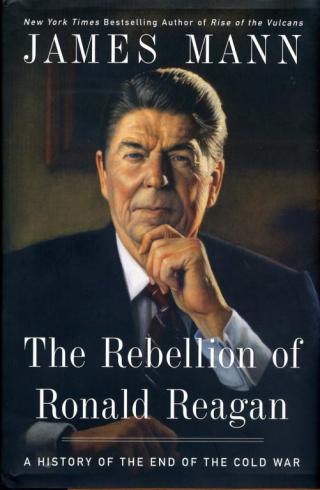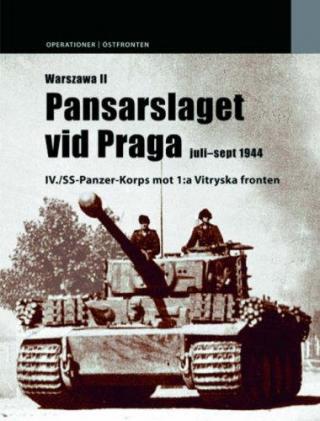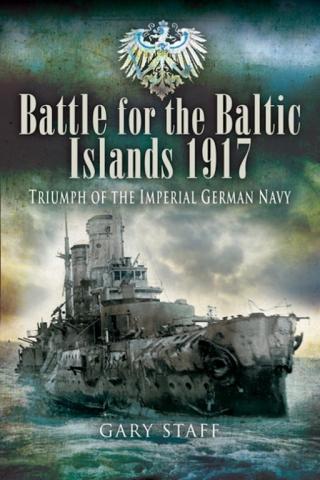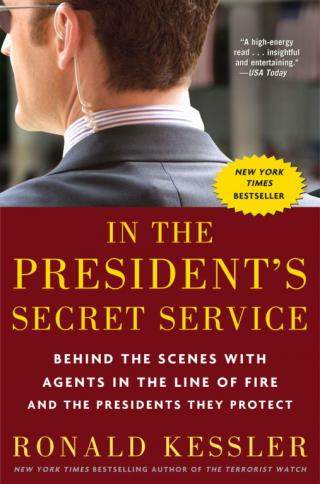During the Soviet years, Russian science was touted as one of the greatest successes of the regime. Russian science was considered to be equal, if not superior, to that of the wealthy western nations. The Perversion of Knowledge, a history of Soviet...
Формат:
только полные версии
On August 20, 1968, tens of thousands of Soviet and East European ground and air forces moved into Czechoslovakia and occupied the country in an attempt to end the “Prague Spring” reforms and restore an orthodox Communist regime. The...
...
The German concentration camps of World War II, the horrors of the Vietnam war, the prolific rape and brutality during the breakup of the former Yugoslavia and the Hutu massacres of Tutsis in Rwanda. All are abhorrent violations of the laws and...
The Me 262 was the first of its kind, the first jet-powered aircraft. Although conceived before the war, with the initial plans being drawn in April 1939, the Stormbird was beset with technological (particularly the revolutionary engines) and...
A controversial look at Reagan’s role in ending the Cold War—from the author of The New York Times bestseller Rise of the Vulcans
In “The Rebellion of Ronald Reagan”, “New York Times” bestselling author James Mann directs his keen...
It is a common misunderstanding that the Red Army, on Stalin’s order, halted outside Warsaw in August 1944 to let the German troops suppress the Polish uprising in the capital. Joseph Stalin of course didn’t want to let a pro-British Polish...
In late 1917, the Russians, despite the revolution, were still willing to continue the war against Germany. This is an account of Operation Albion, the highly successful sea borne operation launched by the Germans to change their minds. The...
Биографии и мемуары, История
A Man and His Ship: America's Greatest Naval Architect and His Quest to Build the S.S. United States
THE STORY OF A GREAT AMERICAN BUILDER
At the peak of his power, in the 1940s and 1950s, William Francis Gibbs was considered America’s best naval architect. His quest to build the finest, fastest, most beautiful ocean liner of his time,...
История, Политика
In the President's Secret Service: Behind the Scenes with Agents in the Line of Fire and the Presidents They Protect
Never before has a journalist penetrated the wall of secrecy that surrounds the U.S. Secret Service. After conducting exclusive interviews with more than one hundred current and former Secret Service agents, bestselling author and award-winning...
